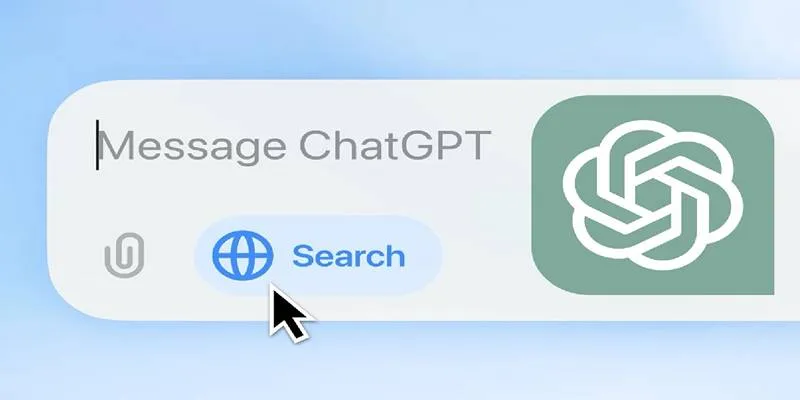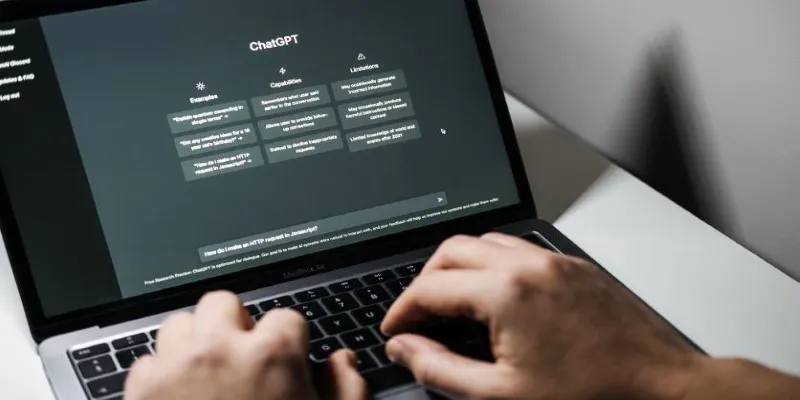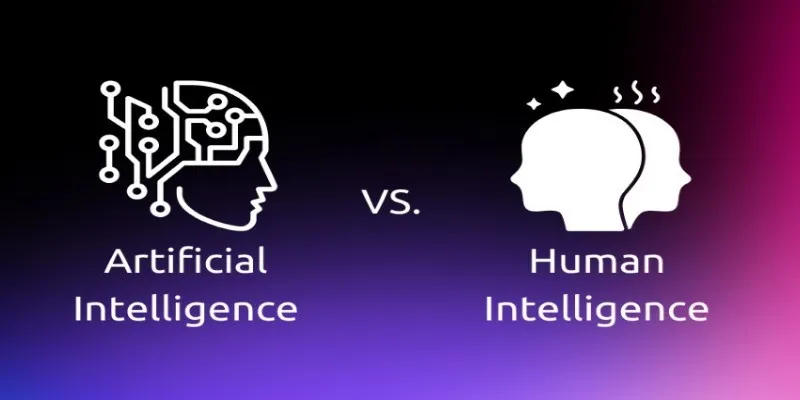A busy weekly plan can feel like a high-wire act, especially for individuals juggling family, work, and social life. The never-ending duties—from picking up kids from school to attending work meetings, managing household chores, and running weekend errands—can easily become overwhelming. Even with digital calendars and productivity apps, staying organized can be a challenge.
This is why one person decided to try something different: using ChatGPT to organize and plan a detailed weekly schedule. What began as a simple experiment with an AI assistant quickly transformed into a game-changing routine that brought clarity, balance, and structure to their household’s chaotic calendar. Here’s how they used ChatGPT to rethink time management and create a weekly schedule that actually worked.
Why Use ChatGPT for Weekly Planning?
For someone already acquainted with using ChatGPT to draft emails or brainstorm meal ideas, it was logical to explore whether the AI could also assist with weekly time management. Traditional scheduling tools like paper planners and calendar apps have limitations—they require constant manual input and don’t offer any insights or suggestions.
ChatGPT, however, can do more than just record tasks. It understands context, applies logic, and offers solutions, making it an ideal candidate for coordinating a complex weekly schedule. The objective wasn’t perfection but rather to introduce clarity, reduce decision fatigue, and make better use of available time.
Defining the Vision: What the Schedule Needed to Accomplish
Before diving into the AI-generated plan , the user took time to reflect on what an ideal schedule would look like. It wasn’t about filling every hour with tasks but identifying what truly mattered and designing a week that supported those priorities.
Some key objectives included:
- Establishing a repeatable daily rhythm for the entire family
- Making space for personal wellness and downtime
- Preventing overlaps between work and family responsibilities
- Creating predictability around meals, chores, and school logistics
- Reducing last-minute scrambles and forgotten obligations
By clearly outlining these goals, the user set the foundation for a schedule that would support—not sabotage—their lifestyle.
The Initial Setup: Teaching ChatGPT the Routine

The next step was feeding information into ChatGPT. For the AI to produce a helpful plan, it needed to understand what a typical week looked like. For instance, the user created a detailed breakdown that included:
- Fixed events: work hours, school drop-offs and pickups, extracurricular activities
- Flexible tasks: grocery shopping, laundry, cleaning
- Personal priorities: workout sessions, reading time, family dinners
- Special considerations: only one family car, quiet time during calls, energy slumps in the afternoon
With this information, the user crafted a comprehensive prompt: “Can you help create a weekly schedule for a family of four that includes work, school routines, household chores, and time for exercise, meals, and family activities? Tasks should be well-distributed, and time should be used efficiently while leaving space for rest.” ChatGPT responded with a day-by-day schedule, broken into logical blocks of time, suggesting who should do what and when.
ChatGPT’s Output: A Structured Weekly Framework
The first schedule produced by ChatGPT was surprisingly well-structured. It included clear morning and evening routines, balanced chores among family members, and carved-out time for meals, relaxation, and work commitments.
Notable highlights included:
- Morning checklists for kids and parents to streamline school prep
- Lunch breaks aligned with natural pauses in the workday
- House chores divided by day and person to avoid weekend clustering
- Evening hours dedicated to family time, followed by individual wind-down routines
- A recurring Sunday planning session to review and adjust the upcoming week
Although thoughtfully arranged, the schedule wasn’t flawless. But that was part of the process.
Refining the Schedule Through Iteration
One of the most beneficial aspects of using ChatGPT for planning was the ability to iterate. After using the initial version for a week, the user returned to ChatGPT with feedback:
- “Include more flexible time in the afternoon for unexpected errands.”
- “Reduce the time blocked for dinner prep—30 minutes is usually enough.”
- “Swap laundry to midweek evenings instead of weekends.”
The AI adapted easily, generating new versions that increasingly aligned with the family’s real-life rhythm. These small tweaks made a significant difference in how practical the schedule felt.
It wasn’t just about organizing tasks—it became a conversation about how to live better as a family.
What Changed After Using ChatGPT for Scheduling?

After a few weeks of AI-assisted scheduling, several positive outcomes emerged, extending beyond simply having a neat weekly plan.
1. More Time Awareness
Having a plan made it easier to see how time was being spent—and where it was being lost. Unproductive gaps, duplicated efforts, and unnecessary delays became more visible, allowing the user to correct course.
2. Better Task Distribution
Everyone in the household could see their responsibilities clearly. Chores were no longer stacked on one person, and even the kids became more engaged once their daily tasks were spelled out.
3. Lower Stress Levels
With decisions made in advance, the user no longer woke up each day wondering how to juggle everything. The schedule provided a blueprint that removed mental clutter.
4. Improved Family Communication
The shared routine fostered a sense of teamwork. With everyone following the same plan, coordinating, collaborating, and offering support became easier.
Conclusion
Using ChatGPT to help plan a weekly schedule proved to be more than just a fun experiment—it became a functional part of daily life. It provided not only a time-saving routine but also a sense of clarity and control that’s hard to come by in a busy household.
While ChatGPT isn’t a replacement for discipline or follow-through, it is a powerful partner in making smarter decisions about time. For those looking to bring more calm, balance, and intention into their week, ChatGPT may be the tool worth turning to.
 zfn9
zfn9























